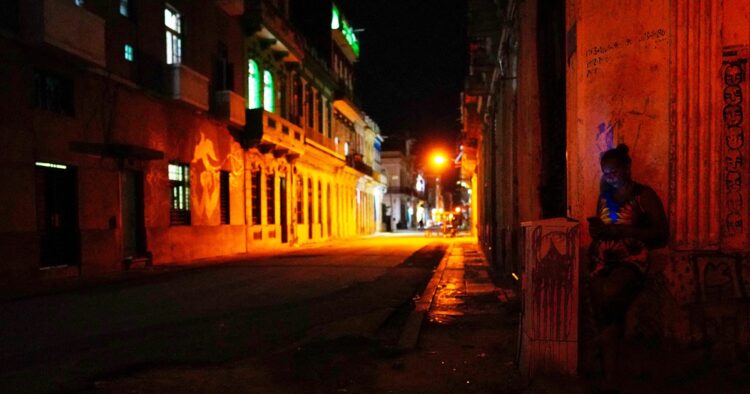Cuba Raises Concerns Over US Embassy’s Role: Cuba’s foreign ministry has summoned the top US diplomat stationed in the country for a meeting. The move comes amidst concerns of alleged interference by the US embassy in Cuba’s internal affairs and accusations of efforts to incite anti-government unrest. The meeting was prompted by demonstrations across Cuba, triggered by prolonged power outages and food scarcities. State-controlled media outlets reported protests in various locations, including Santiago, the nation’s second-largest city.
US Response to Protests: In response to the protests, the US government issued a statement expressing awareness of the situation. They urged Cuban authorities to uphold the human rights of demonstrators and address the genuine needs of the populace. The statement was made via X, formerly known as Twitter.
Cuba’s Reaction and Meeting with US Diplomat: Cuba’s foreign ministry called charge d’affaires Benjamin Ziff to a meeting with deputy foreign minister Carlos Fernandez de Cossio. During the meeting, Cuba conveyed its firm rejection of what it perceives as the US government’s interventionist behavior and slanderous messages. The US State Department dismissed these accusations as “absurd.”
Longstanding Tensions Between Cuba and the US: This latest confrontation highlights the enduring frosty relationship between Cuba and the United States. Despite the change in administration with the inauguration of Democratic US President Joe Biden in 2021, bilateral relations have seen little improvement.
Cuba’s Perspective on the Protests: Cuba’s foreign ministry reiterated the government’s long-standing accusation that US sanctions, including a Cold War-era embargo, aim to impoverish Cubans and destabilize the country. While Cuban officials described Sunday’s protests as “respectful,” dissent is rare in Cuba, where authorities clamp down on opposition.
Accusations Against US-based Agitators: Cuba’s state-run newscast highlighted social media posts, including some from US members of Congress, about the demonstrations. The government accused US-based agitators of attempting to confuse the situation or provoke anger by exaggerating government repression or the scale of protests.
President Diaz-Canel’s Response: Cuban President Miguel Diaz-Canel blamed “mediocre politicians and networked terrorists” based in South Florida for attempting to escalate tensions in Cuba with interventionist messages. He asserted that these efforts ultimately failed to gain traction.
Current Situation in Cuba: As of Monday, the Caribbean island nation appeared relatively quiet. However, the government warned that blackouts were expected to persist throughout the week, with electricity generation meeting only around two-thirds of demand.
In conclusion, the recent events in Cuba underscore the ongoing challenges in the relationship between the Cuban government and the United States. While protests have erupted over issues such as power outages and food shortages, both governments remain entrenched in their positions, with Cuba accusing the US of interference and the US calling for respect for human rights.

















Comments